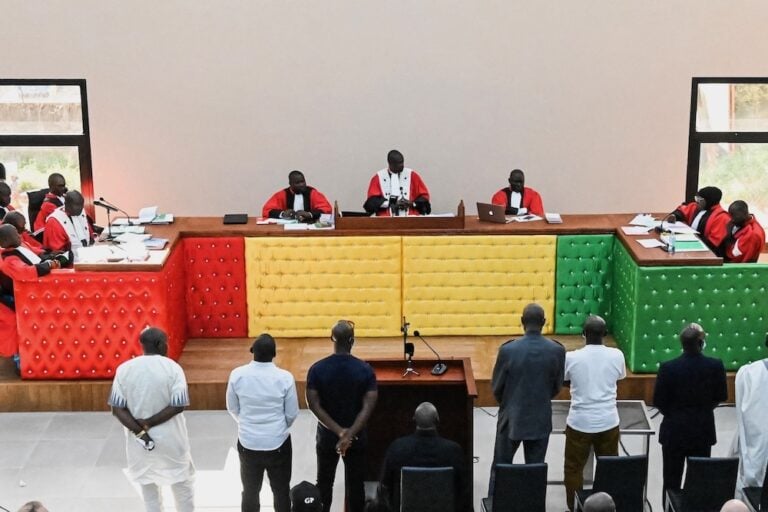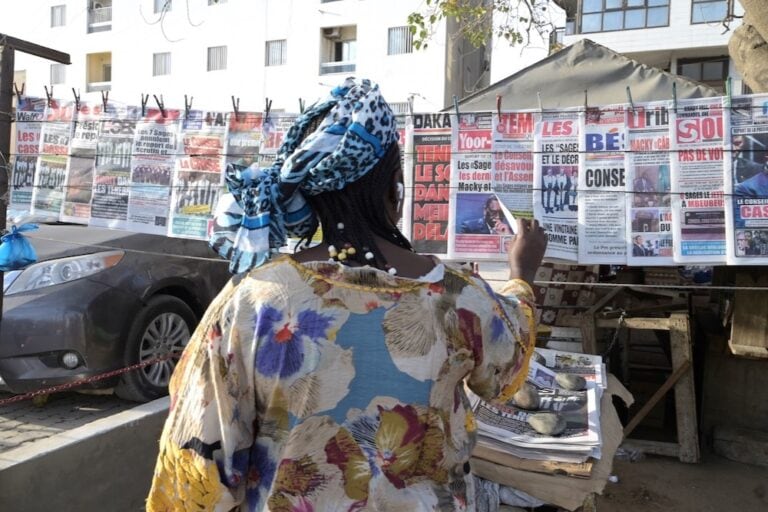(RSF/IFEX) – Reporters Without Borders condemns a decision by the National Council for Broadcasting Regulation (CNRA) on 14 March 2009 to suspend three community radio stations based in the Dakar suburbs for two months for violating the rules governing their operations by covering political issues relating to the current local election campaign. “Contrary to all […]
(RSF/IFEX) – Reporters Without Borders condemns a decision by the National Council for Broadcasting Regulation (CNRA) on 14 March 2009 to suspend three community radio stations based in the Dakar suburbs for two months for violating the rules governing their operations by covering political issues relating to the current local election campaign.
“Contrary to all our hopes and despite our repeated calls for respect for diversity of views, President Abdoulaye Wade’s government has again set a bad example,” Reporters Without Borders said. “Coming after the three-year jail sentence for ’24 Heures Chrono’ editor El Malick Seck, the suspension of these three radio stations dashes the illusions of those who might still have believed in Senegal’s democratic image. It heightens our concern about the way the authorities will behave towards independent news media during this election period.”
The press freedom organisation added: “It is time the government rescinded article 19 of the community radio regulations, banning them from covering political issues, especially during local election campaigns. This double standard, in which those who support the president are allowed to speak and those who do not are silenced, is unfair and absurd.”
The three community radio stations suspended by the CNRA are Oxy Jeunes (based in the suburb of Pikine), Afia FM (based in the suburb of Grand Yoff) and Djoloff FM (based in the suburb of Linguère). Residents of Pikine have threatened to organise a march in protest against the closure of Oxy Jeunes.
When Reporters Without Borders monitored Senegal’s state-owned media for several weeks in February 2007 during the campaign for the first round of the presidential elections, it found that they displayed a marked pro-government bias throughout the campaign.
“We urged the government at the time to respect the principle of ministerial discretion, under which senior government officials are supposed to adopt a low profile during the campaign,” Reporters Without Borders said. “We also urged the CNRA to draw attention publicly to the imbalance in the state-owned media’s political news coverage.”
For further information on the Seck case, see: http://ifex.org/en/content/view/full/101207


